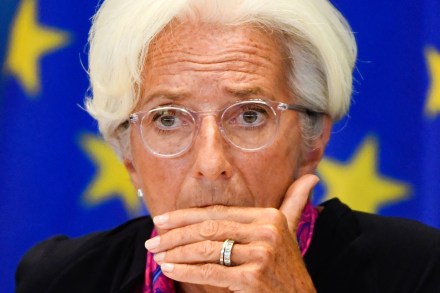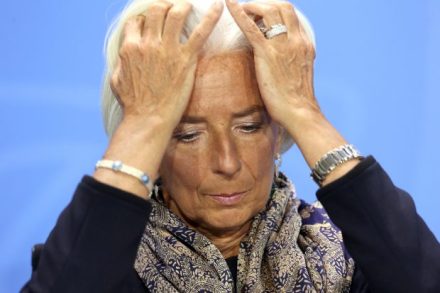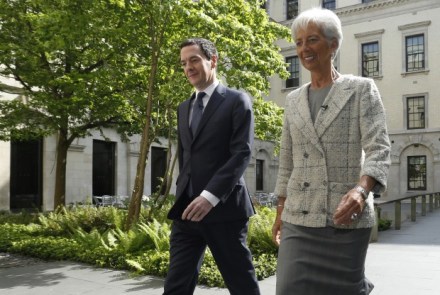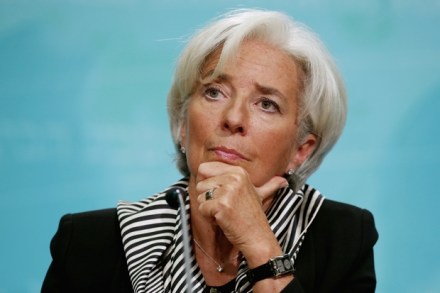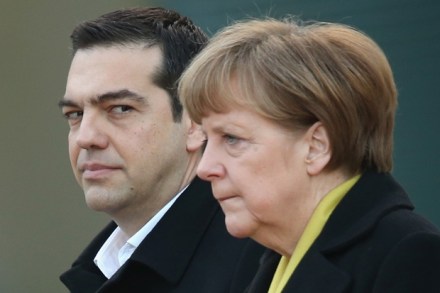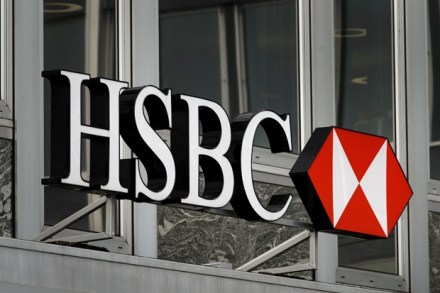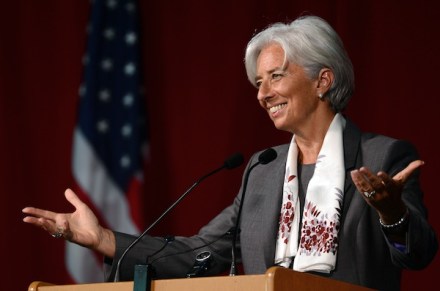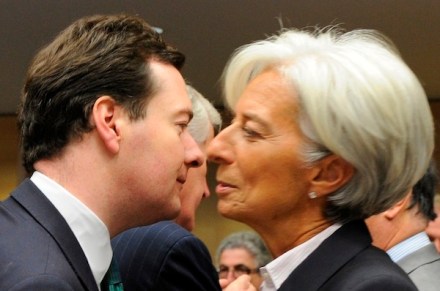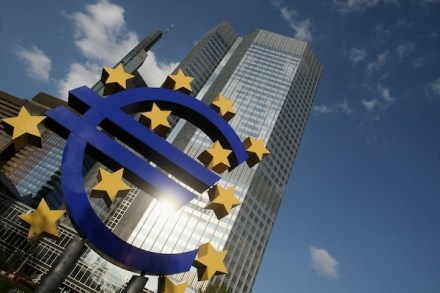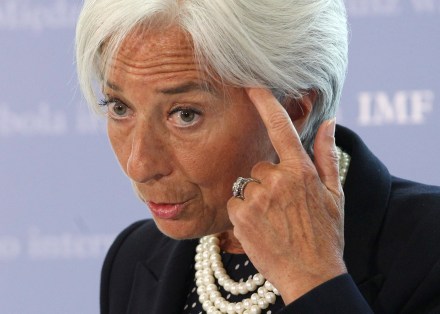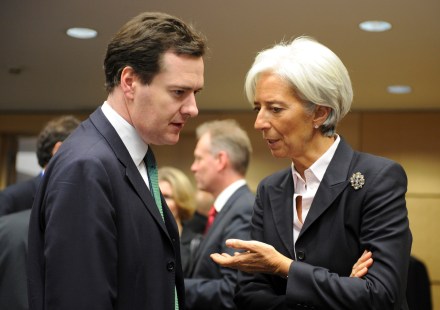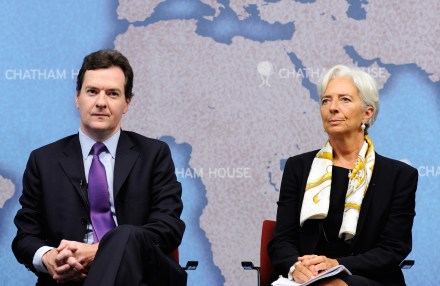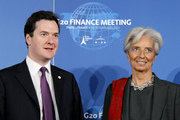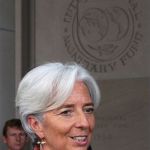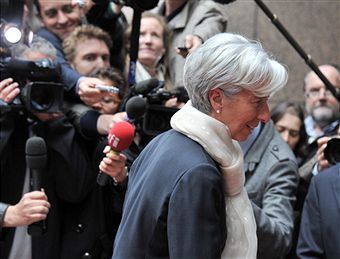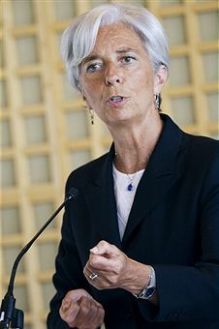A German court has plunged the eurozone into fresh crisis
An epidemic has been raging across the continent. The economy is in lockdown, and GDP is in freefall. But, hey, just when you thought things couldn’t get any worse in the eurozone it now has a financial and currency crisis as well, and one that is being made worse by the week with the shambolic management of the European Central Bank by Christine Lagarde. Today, the German constitutional court has, at least in part, ruled against the ECB’s bond-buying programme, which allows the central bank to print money and effectively bail out Italy, Spain, and probably quite soon France as well. You need to be a German lawyer – not
